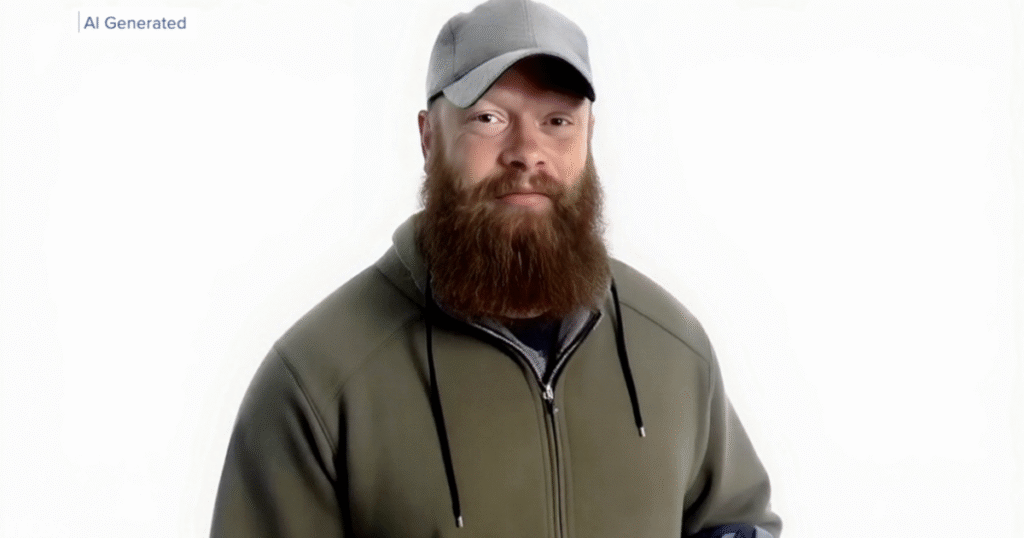CHANDLER, AZ — This week, Chandler road rage victim Chris Pelkey made international headlines when an Artificial Intelligence version of him appeared as the last victim statement in the shooter’s sentencing.
The judge in the case gave defendant Gabriel Horcasitas 10.5 years. Immediately after the sentencing, defense attorney Jason Lamm appealed the decision.
”While victims have a right to address the court, reincarnating Chris Pelkey through AI, and frankly putting words in his mouth because nobody would know what he was actually going to say, it just felt wrong on many levels,” said Lamm.
He added that the appellate courts now have a seemingly unprecedented decision to make in the coming months on whether the AI video added to the penalty for Horcasitas.
The Pelkey family attorney, Jessica Gattuso, told ABC15 by phone that she feels the sentencing will be upheld because the written law supports what they did in court.
Gary Marchant is an ASU professor who’s part of the Arizona Supreme Court committee on AI. When asked if there could be a resentencing, Marchant said:
”If they determine it wasn’t an innocuous error, and it didn’t change the outcome, and he would have received the penalty, something like this anyhow, they may allow it to continue on. But say you can’t use these AI-created victim statements in the future.”
He says that, because the state Supreme Court told ABC15 prior that the use of AI has “great potential,” but it can “hinder or upend justice if used inappropriately.”
“Those who use it, including the courts, are responsible for its accuracy,” Marchant added.
Marchant echoes that saying this case has the potential to open the AI floodgates.
”Even though in this case it was very well-meaning and honest, it can easily cross over to much more dishonest and much more strategic, much more self-serving, so I think we can’t [set] that precedent to allow the fake videos into court,” Marchant said.



